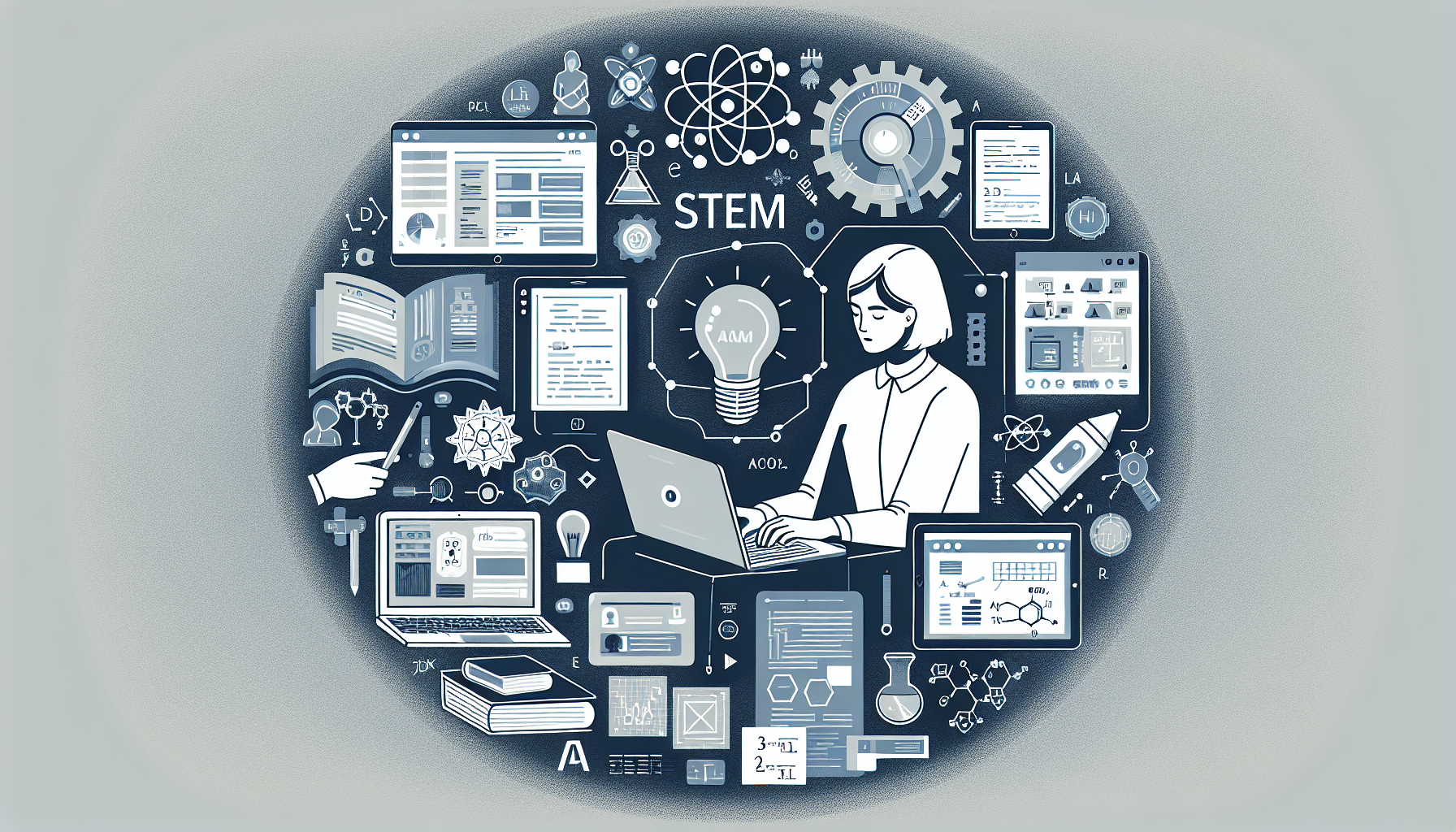Effective ways to prepare for chemistry finals can transform a daunting task into a manageable challenge for many STEM students. Struggling with complex chemical equations and concepts is common, but discovering new strategies can make studying more engaging and successful. We’ll uncover some methods to help you prepare like never before.
Mastering Key Chemistry Concepts With Innovative Tools
Understanding chemistry concepts can be complex, but using innovative tools can make it easier for students to grasp these fundamentals. Interactive simulations allow students to visualize atomic structures and reactions, helping to bridge the gap between theoretical knowledge and practical application. These digital platforms often include virtual labs where experiments can be conducted safely and repeatedly, fostering an environment of exploration and learning.
Using Digital Simulations
Digital simulations provide an engaging way to explore chemistry concepts. By observing reactions and compounds interact in a controlled, virtual setting, students can see the principles in action. This hands-on approach helps reinforce learning by showing rather than telling.
Mobile Apps and Chemistry Learning
Incorporating mobile apps can also enhance learning. Apps designed for chemistry education offer quizzes, flashcards, and up-to-date resources that complement traditional study materials. This just-in-time learning ensures students can revise whenever they need, reinforcing knowledge effectively.
Online Resources and Tools
Access to a wide range of online resources, such as instructional videos and detailed articles, supports different learning styles. These tools offer step-by-step explanations of challenging topics and supplement classroom learning, giving students a broader understanding of key concepts.
Empowering Your Study Schedule For Maximum Retention
Planning a study schedule can help students retain information better. Breaking study sessions into focused 30-minute blocks with short breaks can keep the mind fresh and engaged. Using these intervals boosts focus, making study time more productive.
Creating a Balanced Study Plan
Balancing subjects and topics across different days prevents overload and helps information stick. Students can rotate subjects, ensuring a well-rounded approach to learning. This variety keeps the brain active and reduces fatigue.
Incorporating Active Learning
Active learning techniques such as flashcards, mind maps, and quizzes engage the brain actively. These methods challenge the mind to recall and apply information, strengthening memory retention over time.
Setting Achievable Goals
Setting small, achievable goals provides motivation and a sense of progress. As students meet each target, their confidence grows, encouraging them to continue and stay productive throughout their study sessions.
Enhancing Exam Performance Through Real-world Practice
Learning isn’t just about memorizing facts; it’s about applying knowledge in real-world situations. Using practice tests that mimic exam conditions can significantly improve performance. These tests help students get familiar with the exam format and time constraints, reducing anxiety and boosting confidence.
Simulating Real-world Scenarios
Engaging with real-world problems makes concepts come alive. For chemistry, this could involve analyzing everyday chemical processes or exploring case studies. Such practice deepens understanding and prepares students for unexpected exam questions.
Project-based Learning
Projects integrate real-world situations with meaningful learning experiences. Students tackle open-ended problems, developing critical thinking and problem-solving skills. This hands-on learning reinforces classroom knowledge and prepares students for exams by allowing them to apply what they’ve learned in practical ways.
Group Discussions and Peer Review
Group discussions provide opportunities for students to articulate their understanding, ask questions, and dispel doubts. Participating in peer reviews enhances learning as students evaluate each other’s work, gaining different perspectives and insights that solidify their knowledge.


